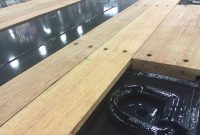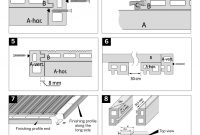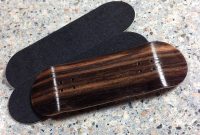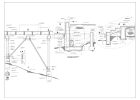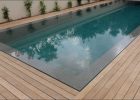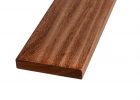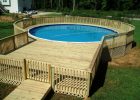Sun Wood Decking
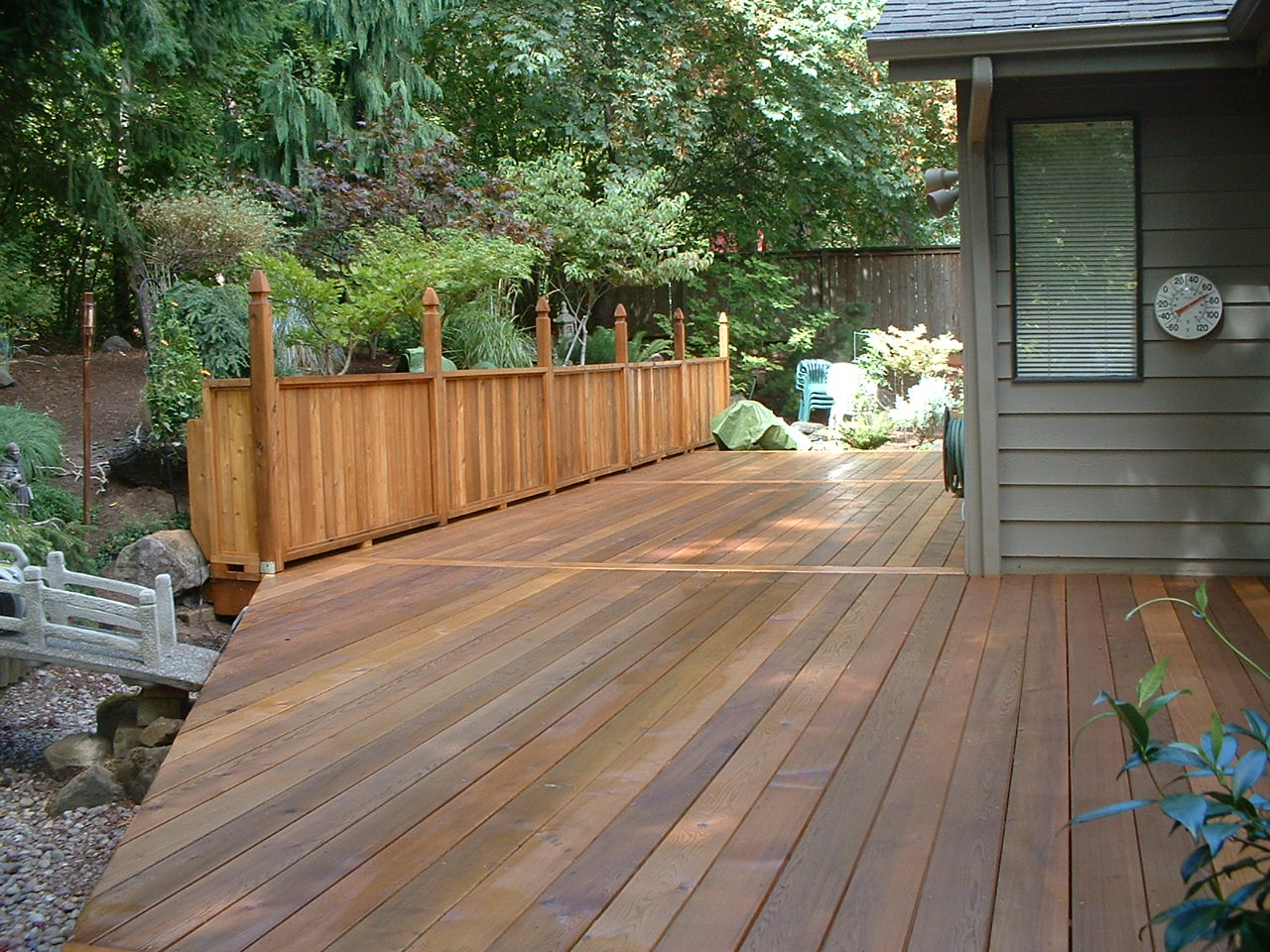 Sunwood Decking Decks Ideas with regard to size 1280 X 960
Sunwood Decking Decks Ideas with regard to size 1280 X 960Sun Wood Decking – Part of the means of constructing a deck is deciding which materials to use for the decking. Basically, you’ve two choices – wood or composite. In this article, I’ll share the pros and cons of each one type that may help you select the right one to your deck. The main difference between wood and composite decking is the level of maintenance required. Wood decking requires more upkeep than composite, but looks nicer. The companies who manufacture composite decking do their finest to generate their product resemble real wood, but to date haven’t achieved it. I personally don’t believe they’ll ever be in a position to match the best thing about real wood. Because of the an extension cord needed to maintain wood decking, you need to ask yourself if you’ve the an extension cord forced to keep a wood deck sealed and seeking good. If you DO have the time and therefore are happy to stand on the deck, great! Go with wood.
If, however, you do not have an extension cord or don’t want to commit to sealing a wood deck a couple of times a year, composite may be your best option. Even though wood decks require more upkeep, you will find there’s form of wood which can be used for decking which requires very little or no upkeep. That wood is cedar. I’ve actually laid wood decking and done absolutely NOTHING to it and had it last for years without problems. Cedar is naturally resistant to rain, snow, and sunlight. It doesn’t warp or twist, and have very little tendency to evaluate or cup.
The only drawback with cedar decking left unsealed is the fact that is will turn gray with time. If you are instead of this look, you can choose to seal it a couple of times each year. It may still “gray”, however it will require longer to do so. Actually ALL wood decks will turn gray with time, if you don’t apply sealer every several months, which is a lot of work. Composite decking, conversely, is virtually maintenance free. Once it’s laid down, it will not change much even through extreme weather. Some composite deck colors will fade over many years, though the fading is uniform, and that means you won’t really notice it happening.
There are several disadvantages to using composite. First, composite decking is more expensive than wood. This could be an issue if you’ve financial constraints. If you take into account the fee savings of not buying sealer for decades, it might balance out the fee increase somewhat. Another disadvantage of using composite decking is the chance of the product failing. Just like any man-made product, composite decking could be faulty. A few years ago, one major composite decking manufacturer released some defective material. This triggered many decks going bad which designed a class action lawsuit. Even with compensation directed at consumers, many were stuck with high replacement costs. This doesn’t mean every composite deck method is going to have problems, it is simply a reminder that it COULD happen.
Overall, wood or composite decks are fantastic. You just need to decide from the gray deck, a wood deck that needs maintenance, or even a composite deck which requires no upkeep, but is more expensive and contains the potential to visit awry.
